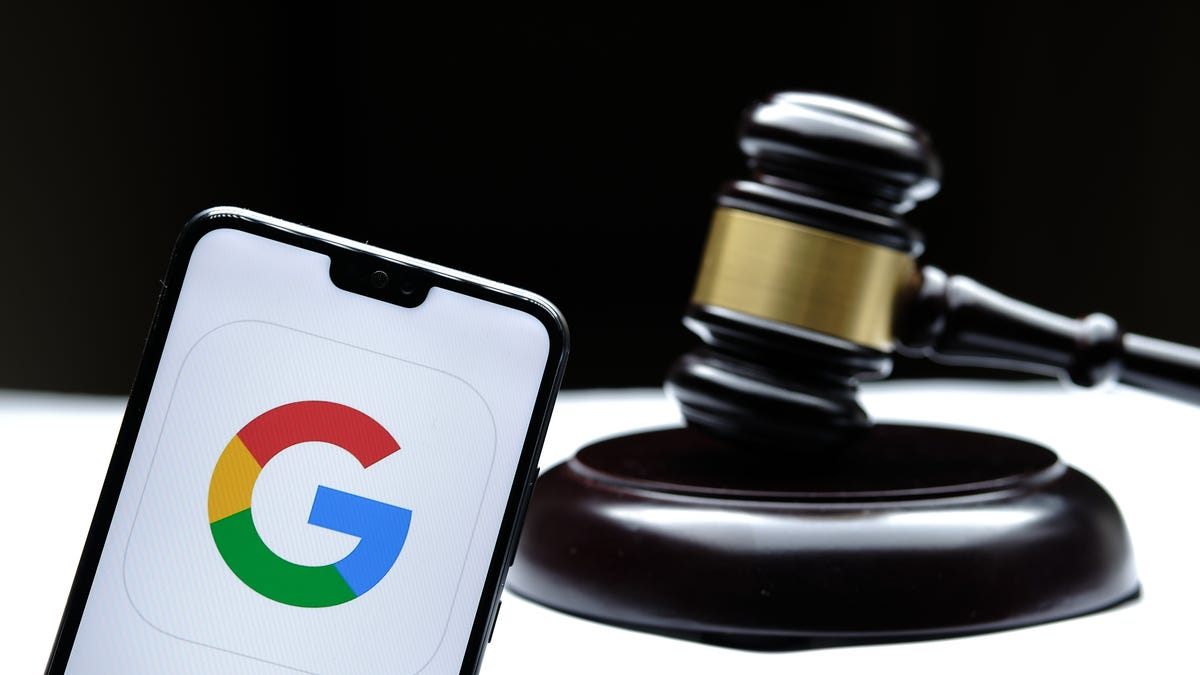
Google has been rather miffed that all its dirty laundry is being aired in public as it tries to fight off federal allegations the company has been monopolizing its digital ecosystem. After nearly a week of trial documents going offline, a judge has again allowed Google’s secrets to go public, though the tech giant will have time each day to dispute each new release.
Last week, many of the documents that journalists and digital sleuths have poured over during the trial were taken down. This included internal emails, charts, presentations, and more that the Department of Justice argues points to the company knowingly promoting its own products above competitors. Alphabet, Google’s parent company, objected to these documents being shown publicly, and the judge ordered justice officials to take the lot of it off its pre-trial site.
Advertisement
The decision came down from Judge Amit Mehta who ruled that Google and third parties who wind up mentioned in the sprawling antitrust suit have until 9 p.m. each day to object to new documents released as part of the ongoing suit. Bloomberg reported Mehta told both the DOJ and Google that they need to post opinions “as soon as it is reasonable to do so.”
Bloomberg reported from the courtroom that the judge had acknowledged that “once it’s admitted into evidence, in fairness, it is a public document.” The awkwardness started over some presentations the DOJ referenced during testimony from Google VP of Finance Michael Roszak. Federal lawyers said Roszak wrote, “Google is able to ignore demand and focus on supply.”
Advertisement
Advertisement
Roszak claimed those statements were “full of hyperbole and exaggeration,” according to Bloomberg. Google was concerned that folks online would get the wrong idea about the company’s efforts, with lawyers arguing the documents were “totally irrelevant to these proceedings.”
On Monday, federal lawyers argued that they should be able to allow the public to access these pre-trial documents, saying in a joint submission “Google seeks to inject unnecessary, duplicative process to delay and further frustrate the public’s access to admitted exhibits.”
For its part, Google asked for a 24-hour advance notice before any documents are released to ensure they’re properly redacted. The company claimed that the DOJ failed to redact info they promised would remain confidential. Lawyers representing the tech giant had previously complained that every document the DOJ posted to its site “gets picked up far and wide.”
The antitrust lawsuit has already proved detrimental to Google’s brand, not only because it’s currently trying to remake its whole brand around AI to compete against the likes of Microsoft and Meta. As the lawsuit has gone forward, documents have revealed just how deeply it depends on default apps, including Google Chrome and Play Store. Many of these documents have been shared extensively online and on platforms like Twitter.
Advertisement
Some documents showed that Google staff were told to avoid using terms like “market share” and “bundle” which could lead to the perception they were “monopolists.” Other documents revealed that Google saw its search engine on phones as a “priority.”
Services Marketplace – Listings, Bookings & Reviews